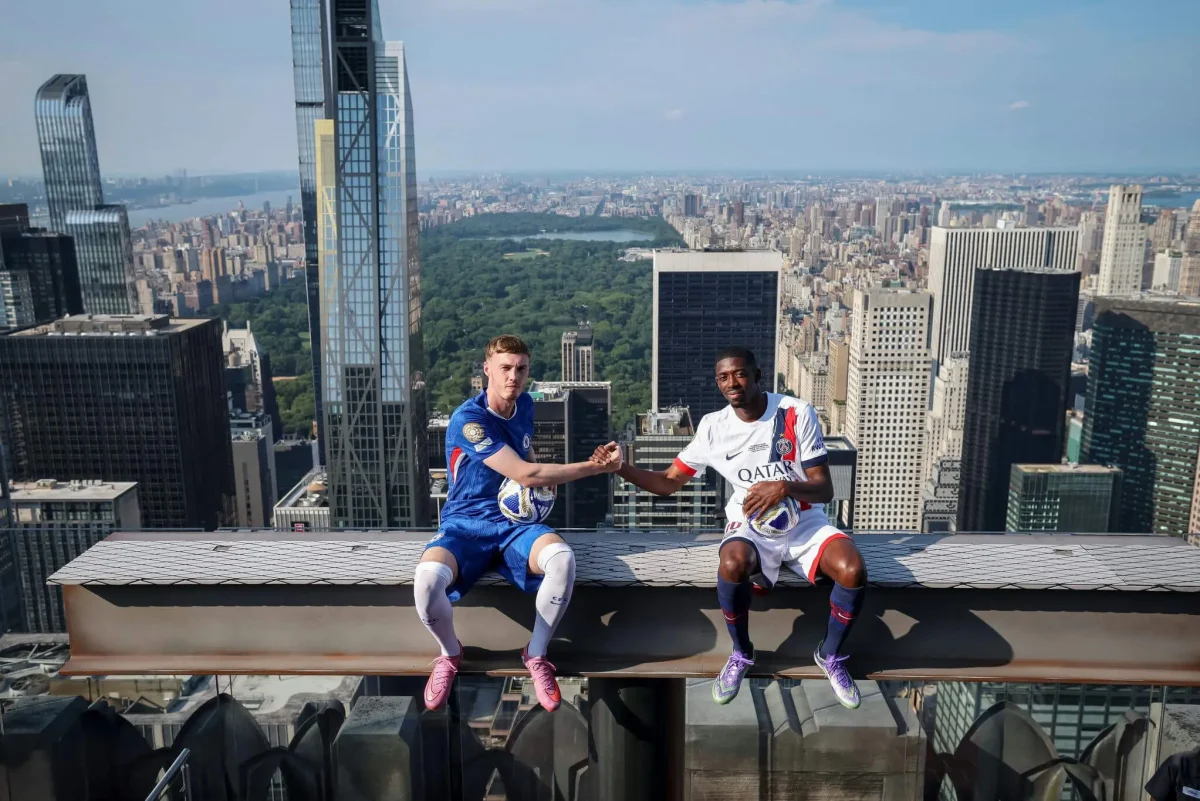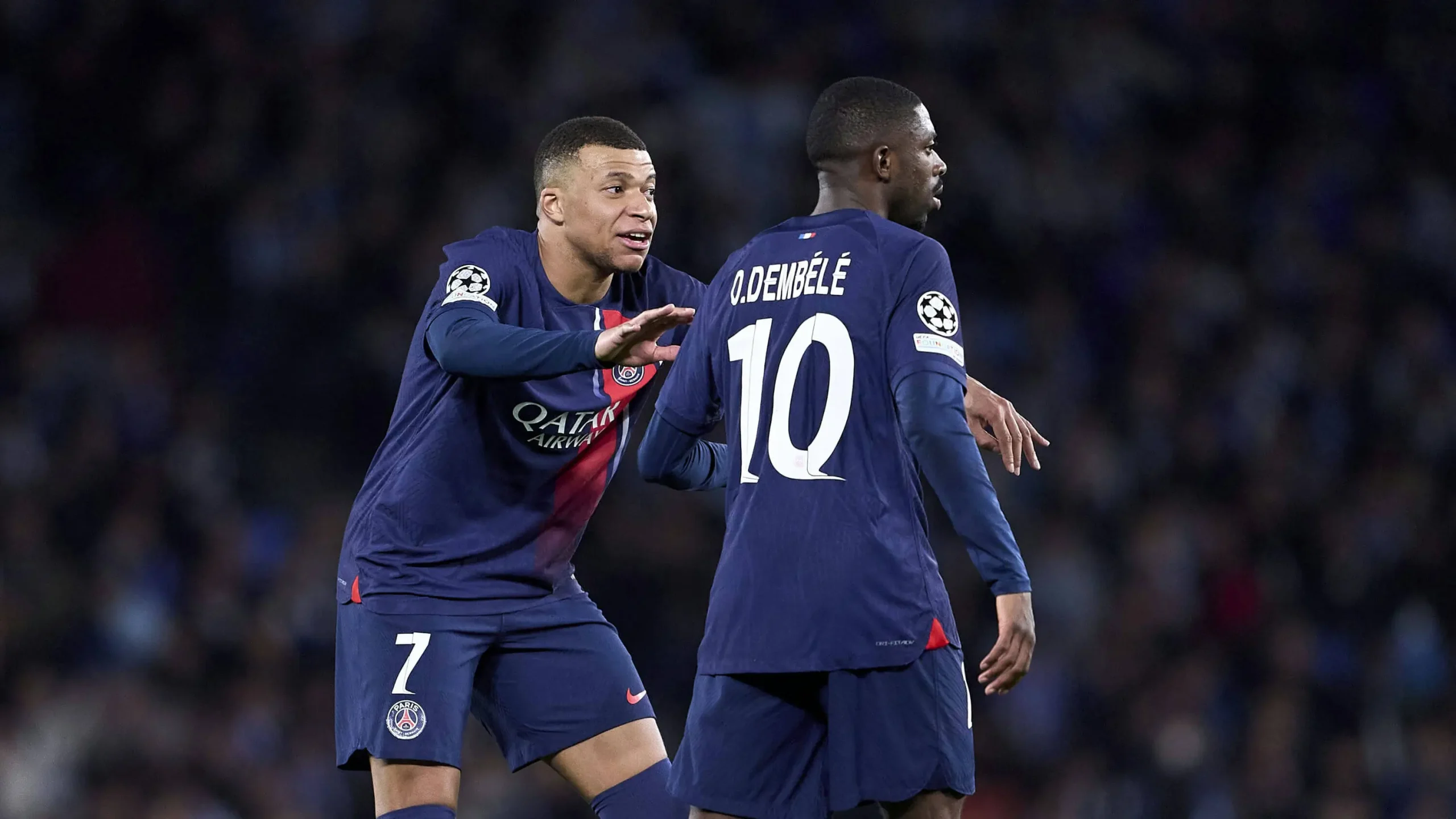In a football world obsessed with glamorous superstars, Ousmane Dembélé has quietly written one of the sport’s most unexpected redemption stories. Once seen as a flawed prodigy, Dembélé has now become the symbolic torchbearer of a new Paris Saint-Germain (PSG), which is reshaping itself after the Mbappé era.
New PSG Icon Emerging from Mbappe’s Shadow
When Barcelona signed Dembélé for €105 million (approx. 112 million USD), it was a risky bet on potential. Frequent injuries, inconsistent performances, and questionable discipline turned him into a cautionary tale. That narrative, however, has been rewritten in PSG.
It is undeniable that Kylian Mbappé’s departure marked a turning point in both the tactical structure and psychological dynamics of PSG. Mbappé, with his natural talent and exceptional competitive spirit, was once the soul of the team, but at the same time, a massive shadow that weighed heavily on every other component in the system. Every play revolved around him, tactics were built to suit him, and the media spotlight, of course, was always on Mbappé.
Thus, when the club’s all-time leading goalscorer left Paris to join Real Madrid, many feared that PSG would fall into crisis, yet unexpectedly, that “liberation” became the catalyst for a transformation within PSG’s squad. No longer overly reliant on a single individual, the playing style has become more balanced, flexible, and cohesive. In this fresh tactical landscape, Dembélé has emerged as an irreplaceable “creative nucleus.”
After a quiet first season at PSG with only 6 goals, Dembélé exploded in the 2024/25 campaign, scoring 35 goals across all competitions. His resurgence was crucial to PSG’s historic Champions League triumph and their pursuit of the 2025 FIFA Club World Cup.

Under Luis Enrique, Dembélé was no longer just a speedy winger. He evolved into a “tactical number 7”, who is drifting centrally, linking play, and making critical decisions in the final third. He rotated fluidly with the likes of Khvicha Kvaratskhelia, Desire Doue, and Goncalo Ramos, helping form a dynamic, unpredictable attacking structure.
Deployed even as a “false 9” in major matches, Dembélé showcased his versatility, nailing a match-winning goal against Liverpool at Anfield on March 11. That goal turned a 0-1 home defeat into a lifeline, eventually sparking a dramatic penalty shootout win.
Self Reformation & Contending for Ballon d’Or
Once notorious for poor discipline, from arriving late and binge gaming to skipping proper meals, Dembélé experienced a complete lifestyle shift. After being dropped from the squad against Arsenal in October 2024 for failing to meet the professional standards of Coach Luis Enrique, he returned stronger, sharper, and more resilient.
According to PSG’s fitness staff, Dembélé seems “revived” after the coach’s harsh decision, becoming one of the most dedicated players in the gym and spending hours improving his conditioning and diet. This change enabled him to maintain peak performance throughout a grueling season, becoming Luis Enrique’s 1st pick in various big ventures, from defeating Manchester City at the Champions League, to triumphing against Real Madrid at the Club World Cup semi-finals.
Unlike Mbappe or Neymar, Dembélé doesn’t thrive on highlights or headlines. He’s not chasing cameras, but his fingerprints are on every major PSG victory: from dismantling Man City to the Club World Cup semifinal demolition of Real Madrid, where he scored and assisted while Mbappe faded.
Now, despite Mbappé finishing the season with 46 goals and 6 assists, and Lamine Yamal and Mohamed Salah making compelling cases, Dembélé is the heartbeat of an unbeaten PSG chasing their sixth title. A recent L’Équipe poll showed 44% of French fans favor Dembélé for the Ballon d’Or, ahead of Yamal and Mbappe (both at 21%).
Once the face of disappointment, Dembélé is now the symbol of redemption. He proves that patience and transformation can unlock greatness. If PSG lifts the Club World Cup, Dembélé won’t just be part of history he’ll be at its center.

